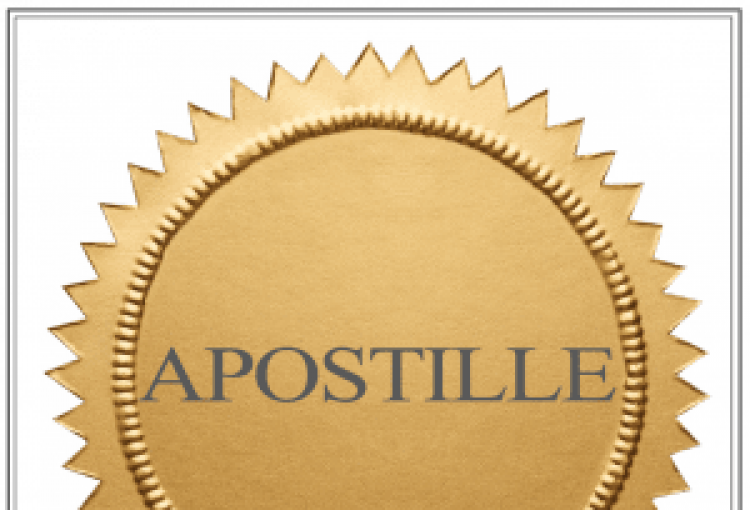
4 Common Misconceptions About Apostilles and How to Avoid Them
If you're planning to use your documents internationally, you may have heard of apostilles. An apostille is a type of authentication that verifies the origin of public documents, such as birth certificates, marriage certificates, and diplomas. However, there are several misconceptions surrounding apostilles that can lead to confusion and mistakes. In this blog post, we'll debunk five common misconceptions about apostilles and provide tips on how to avoid them.
Misconception #1: Apostilles are the same as notarizations
Explanation: Many people confuse apostilles with notarizations, which are similar but not the same. A notarization is a process where a notary public verifies the identity of the signer and witnesses the signing of a document. An apostille, on the other hand, is a separate certification that verifies the authenticity of the document itself.
Tip: Make sure you understand the difference between notarizations and apostilles before you have your documents authenticated.
Misconception #2: Apostilles are only required for certain countries
Explanation: Some people believe that apostilles are only necessary for certain countries or regions, but this is not always the case. In general, if you want to use a public document in a foreign country, you may need to have it apostilled.
Tip: Check with the embassy or consulate of the country where you plan to use your document to find out whether an apostille is required.
Misconception #3: Apostilles can be obtained quickly and easily
Explanation: While it's true that apostilles can simplify the process of using your documents internationally, obtaining them can still be time-consuming and complicated. The exact requirements and procedures for apostilles can vary depending on the country, document type, and other factors.
Tip: Plan ahead and give yourself plenty of time to obtain your apostille, especially if you need to use your documents for time-sensitive purposes like a visa application.
Misconception #4: Apostilles are only necessary for legal or business purposes
Explanation: While apostilles are commonly used for legal and business purposes, they may also be required for personal or educational reasons. For example, if you're planning to study abroad or work in a foreign country, you may need to have your diploma or other academic records apostilled.
Tip: Don't assume that apostilles are only necessary for legal or business purposes. Check with the relevant authorities to find out whether an apostille is required for your specific situation.
Conclusion:
Apostilles can be a valuable tool for anyone who needs to use public documents internationally. By understanding and avoiding these common misconceptions, you can ensure that your apostille is valid and reliable.
Obtaining an apostille can be complicated. We are here to help you! Don’t leave this process to non-professionals who do not fully understand the apostille process and the unique requirements. Your paperwork could be rejected costing you time and money. We know documents!
Our trained and knowledgeable staff are available Monday – Friday from 9:30 am to 5:30 pm to answer your questions and provide you easy to follow step-by-step instructions.

